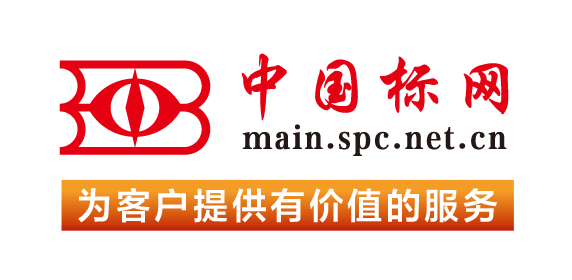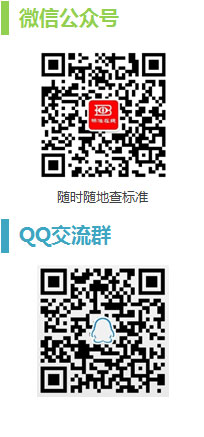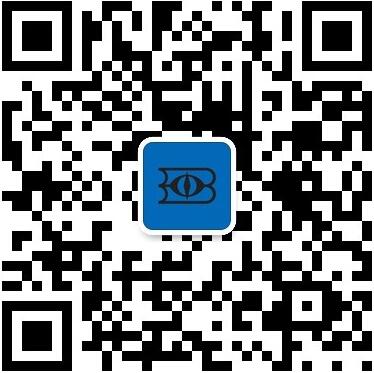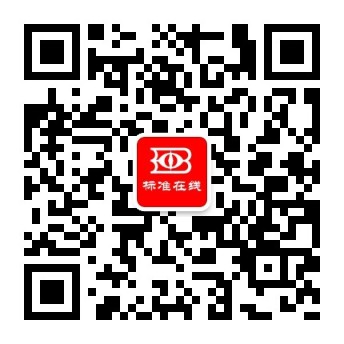This guide contains information on a number of different protective relaying practices for the utility-consumer interconnection. It is intended to cover applications involving service to a consumer that normally requires a transformation between the utility's supply voltage and the consumer's utilization voltage. Interconnections supplied at the utilization voltage are not covered. This guide is not intended to supplant specific utility or consumer practices, procedures, requirements, or any contractual agreement between the utility and consumer. The examples of interconnection protection of varying complexities that have been provided are used for illustrative purpose only and do not necessarily represent the preferred protection under all conditions. This guide addresses consumers, with or without conventional generation, that are connected to utility subtransmission or transmission circuits. The specific control schemes associated with generation are not addressed. It is not intended to apply to consumer generation connected to utility distribution circuits. For these interconnections, refer to IEEE Std 1547(TM)-2003.
The scope of this guide does not include the subject of lightning protection for electrical systems as provided by shielding or lightning arrester devices. Lightning is, of course, often the cause of short circuits on power systems, but only the clearing of these short circuits through the use of protective devices is within the scope of this guide.
This guide contains information on a number of different protective relaying practices for the utility-consumer interconnection. It is intended to cover applications involving service to a consumer that normally requires a transformation between the utility's supply voltage and the consumer's utilization voltage. Interconnections supplied at the utilization voltage are not covered. This guide is not intended to supplant specific utility or consumer practices, procedures, requirements, or any… read more contractual agreement between the utility and consumer. The examples of interconnection protection of varying complexities that have been provided are used for illustrative purpose only and do not necessarily represent the preferred protection under all conditions. This guide addresses consumers, with or without generation sources, that are connected to utility subtransmission or transmission circuits. The specific control schemes associated with generation are not addressed. It is not intended to apply to consumer generation connected to utility distribution circuits. For these interconnections, refer to IEEE Std 1547(TM). read less
This standard gives an overview, terminology, and categorization for Wearable Consumer Electronic Devices (Wearables). It further outlines an architecture for a series of standard specifications that define technical requirements and testing methods for different aspects of Wearables, from basic security and suitableness of wearing to various functional areas like health, fitness, and infotainment, etc.
This standard covers the user interface for the power status control of electronic devices that ordinary people commonly interact with in their work and home lives, including, but not limited to, office equipment and consumer electronics. Key elements are terms, symbols, and indicators. This standard does not specify maximum power levels, address safety issues, or cover internal mechanisms or interfaces for industrial devices.
This recommended practice specifies the technical requirements and test methods for consumer six- degree-of-freedom AR/VR (Augmented Reality/Virtual Reality) handheld-controller location technology based on active infrared optics. It includes the handle’s absolute position error, absolute rotation error, static position jitter, static angle drift, movement sensitivity, rotation sensitivity, and tracking system delay, mobile tracking range, pose sampling frequency, maximum light intensity,… read more minimum number of cameras, maximum translation jitter, tracking failure delay and tracking recovery delay. This recommended practice is applicable to the development and testing of active infrared optical six-degree-of-freedom consumer AR/VR handheld-controllers. read less
 我的标准
我的标准 购物车
购物车 400-168-0010
400-168-0010











 对不起,暂未有相关搜索结果!
对不起,暂未有相关搜索结果!













